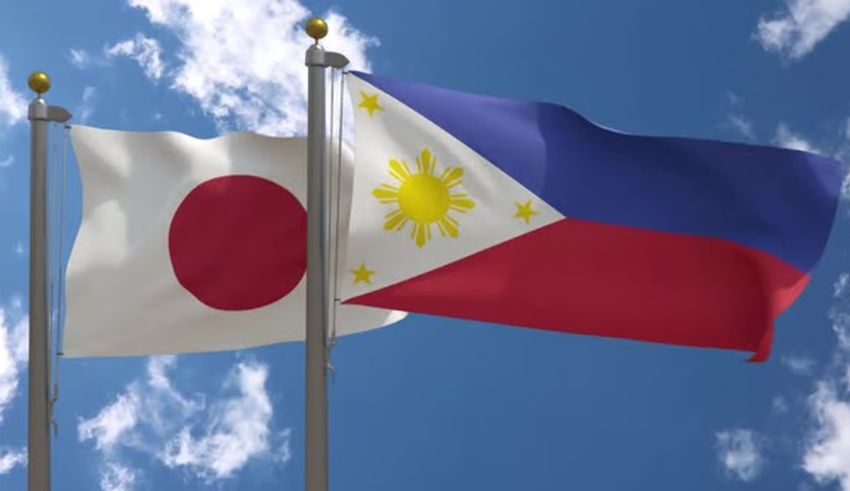
Japan and the Philippines have committed to bolster cooperation to safeguard regional peace and stability amid growing concerns over China and its rising belligerency. On Monday, Japanese Defense Minister Gen Nakatani and his Philippine counterpart Gilberto Teodoro met in Manila and agreed to deepen cooperation in military training, intelligence sharing, and other domains.
Together with the United States, the two countries had already taken a stance against what they construed as aggressive disposition on the part of China-Territorial disputes in the South China Sea and East China Sea pose a threat over the uncontrollable escalation.
On Monday, Teodoro emphasized the need to bolster ties with Japan against any unilateral moves from China or other countries threatening international stability; Nakatani reiterated that Japan and the Philippines had agreed to enhance joint military exercises, port visits, and intelligence sharing for better regional security.
On the other hand, security tensions rise in this part of the globe, and the resurrected relationship emphasizes the commitment of both countries to cooperate towards safeguarding their sovereignty and establishing peace in the region.
Historical Relations between Japan and Philippines:
Personal, cardinal, profound, and eternal: July 1956 was the date when both Japan and the Philippines took significant steps to restore their relations after the Second World War, with the signing of the Treaty of Peace with Japan and the then-Reparations Agreement between Japan and the Republic of the Philippines.
Formally, the Treaty of Peace restored diplomatic relations between the two nations, thereby expounding on the relationship between Japan and the Philippines once again: a full sovereignty declaration by Japan and consequently ushering both friendly nations towards complete partnership in trading, diplomatic, and security fronts.
This Reparations Agreement was one with a clause on reparations to be paid by Japan to the Philippines for war damages. The reparations amount agreed upon by Japan was $550 million, including cash payments, goods, and services provided in the rehabilitation of the economy and infrastructure of the Philippines
Those agreements formed the foundations of a very robust relationship in the bilateral sense, converting enemy-turned-articulations of peace between Japan and the Philippines into close economic and diplomatic partners in the Asia-Pacific region.






















